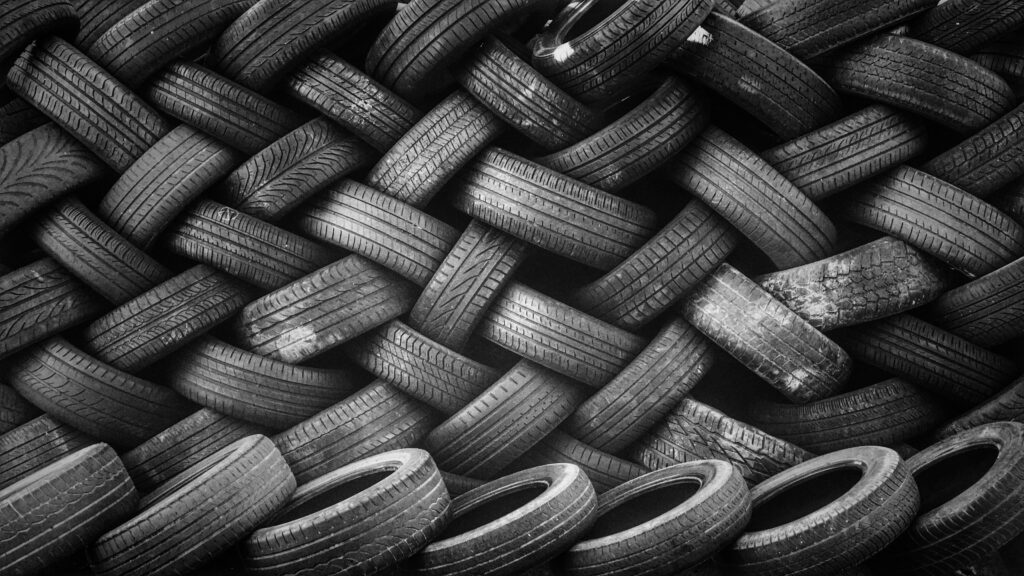
The process of manufacturing new tires requires a substantial amount of energy and resources, leading to high levels of carbon emissions. By choosing to use used tires instead, you can help reduce the demand for new tire production and lower overall carbon footprint. With that being stated, this blog post will explore how reusing and recycling tires can help reduce waste, conserve resources, and lower carbon emissions.
Reduced Waste
One of the most significant environmental benefits of using used tires is that it helps reduce waste. Instead of disposing of old tires in landfills where they can take hundreds of years to decompose, reusing them extends their lifespan and keeps them out of the waste stream. By choosing to use used tires, you are contributing to a more sustainable way of managing tire disposal and reducing the overall amount of waste generated.
Conserved Resources
Another environmental benefit of using used tires is the conservation of resources. Producing new tires requires a significant amount of natural resources, such as rubber, oil, and energy. By opting for used tires, you are helping to conserve these valuable resources by giving existing tires a second life. This not only reduces the demand for new tire production but also helps minimize the environmental impact associated with extracting and processing raw materials.
Lower Carbon Emissions
Additionally, using used tires can help lower carbon emissions and mitigate climate change. The manufacturing process for new tires is energy-intensive and emits greenhouse gases into the atmosphere. By reusing existing tires instead of producing new ones, you are reducing the carbon footprint associated with tire manufacturing. This simple choice can make a big difference in combating climate change and promoting a more sustainable future for the planet.
Circular Economy
Using used tires promotes a circular economy where resources are kept in circulation for as long as possible through reuse and recycling. When old tires are refurbished or retreaded for use on vehicles, it extends their lifespan and maximizes their value before eventually being recycled into new products. This closed-loop system reduces waste generation, conserves resources, and minimizes environmental impacts throughout the tire lifecycle. By supporting this circular approach to tire management, you are actively contributing to a more sustainable economy.
Consumer Responsibility
As vehicle owners, it is essential to take responsibility for what happens to old tires once they reach the end of their lifespan. Instead of simply discarding them without a second thought, you should seek out opportunities to support companies that promote sustainable practices, such as City Auto Wreckers. By making informed choices about how you dispose of old tires, you can contribute to creating a more sustainable future for generations to come.
There are numerous environmental benefits to using used tires that go beyond just saving money. By choosing to reuse and recycle old tires, you are helping reduce waste, conserve resources, lower carbon emissions, and promote a circular economy. So, next time you need new tires for your vehicle, consider the positive impact that using used tires can have on the planet.


